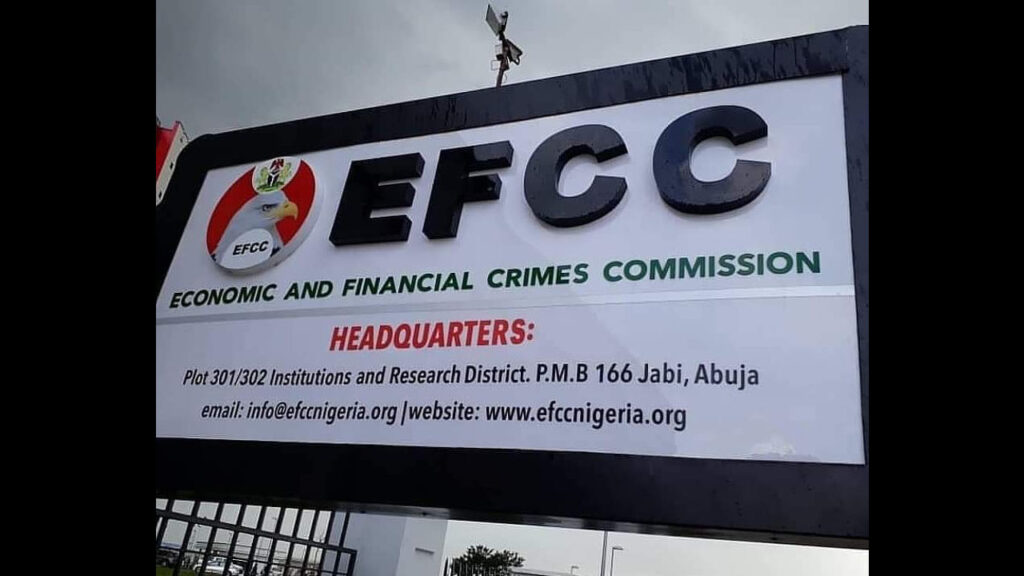
Management of Oshodi Transport Interchange (OTI) has denounced a report that there is a looming crisis and tension at the Interchange over the review of service charges.
A report had recently said crisis loomed at the OTI following a hike in service charge from the usual N600 to N2000 which took effect from February 1, 2024.
In its reaction, OTI said yesterday that commercial activities and transport operations are going on seamlessly.
Director, Operations and Maintenance of OTI, Ade Ibileke, in a statement, said disagreement is not uncommon in an environment of multiple operators, but the interchange has an internal dispute resolution mechanism set up to resolve members’ grievances.
It noted that negotiations are ongoing with all partners at the interchange to ensure sustainable and continued operations, adding that activities at OTI are safe, secure and conducive.
The statement reads: “The attention of the Management of OTI has been drawn to a report published in a national daily recently on a review of service at the public transport infrastructure.
“The report erroneously dwelt on the imminent looming crisis at OTI, West Africa’s largest public transport infrastructure built to enable commuters to connect different parts of Lagos and Nigeria without difficulty.
“Contrary to the report, we unequivocally state that there is no tension, looming crisis or any trouble at the Interchange. Commercial activities and transport operations are going on in the interchange seamlessly.
“The interchange has been operating successfully since 2019 without any major incident including fire, robbery, armed attack and the facility was even successfully secured during the EndSARS crisis in 2020.
“OTI daily caters to over 20,000 passengers with about 45 bus operating companies [National Union of Road Transport Workers (NURTW) – 1, Association of Luxury Bus Owners of Nigeria (ALBON) – 13, Public Transport Owners of Nigeria Association (PTONA) – 18 and LAMATA Franchise bus operating companies (BOC) – 13] and over 70 businesses.
“The basis of the report is a commercial dispute between OTI, ALBON and PTONA, which have been operating at OTI for four consecutive years. This need not draw media attention because we have an internal dispute resolution mechanism solely set up to resolve such an issue. This kind of disagreement is not uncommon in an environment of multiple operators and the prevalent escalating prices in Nigeria.










